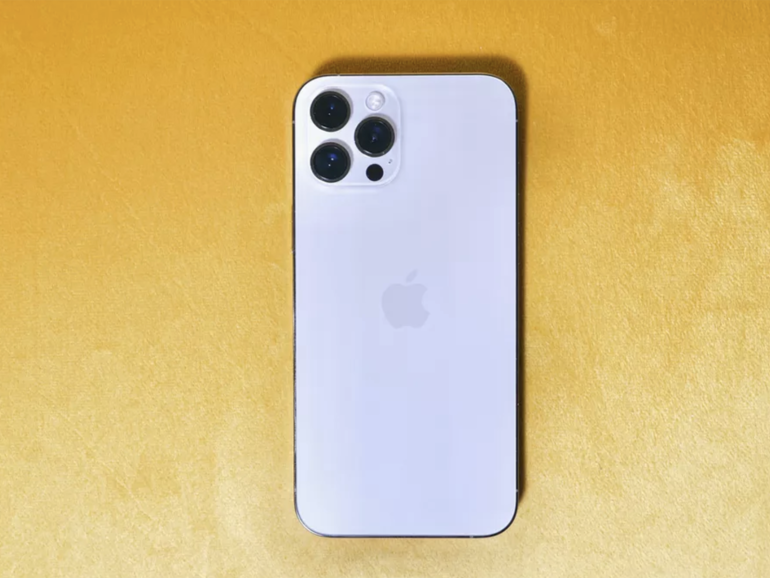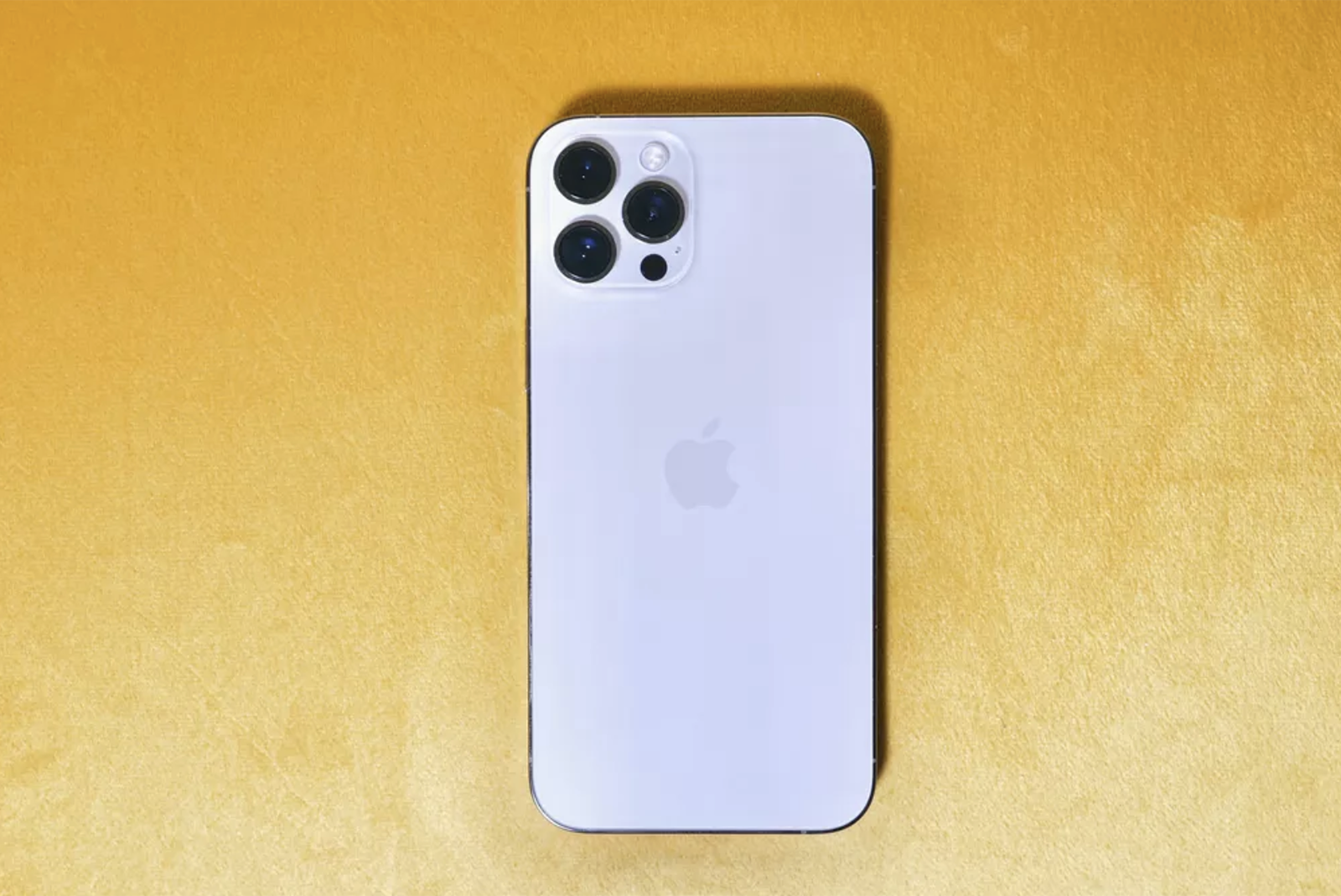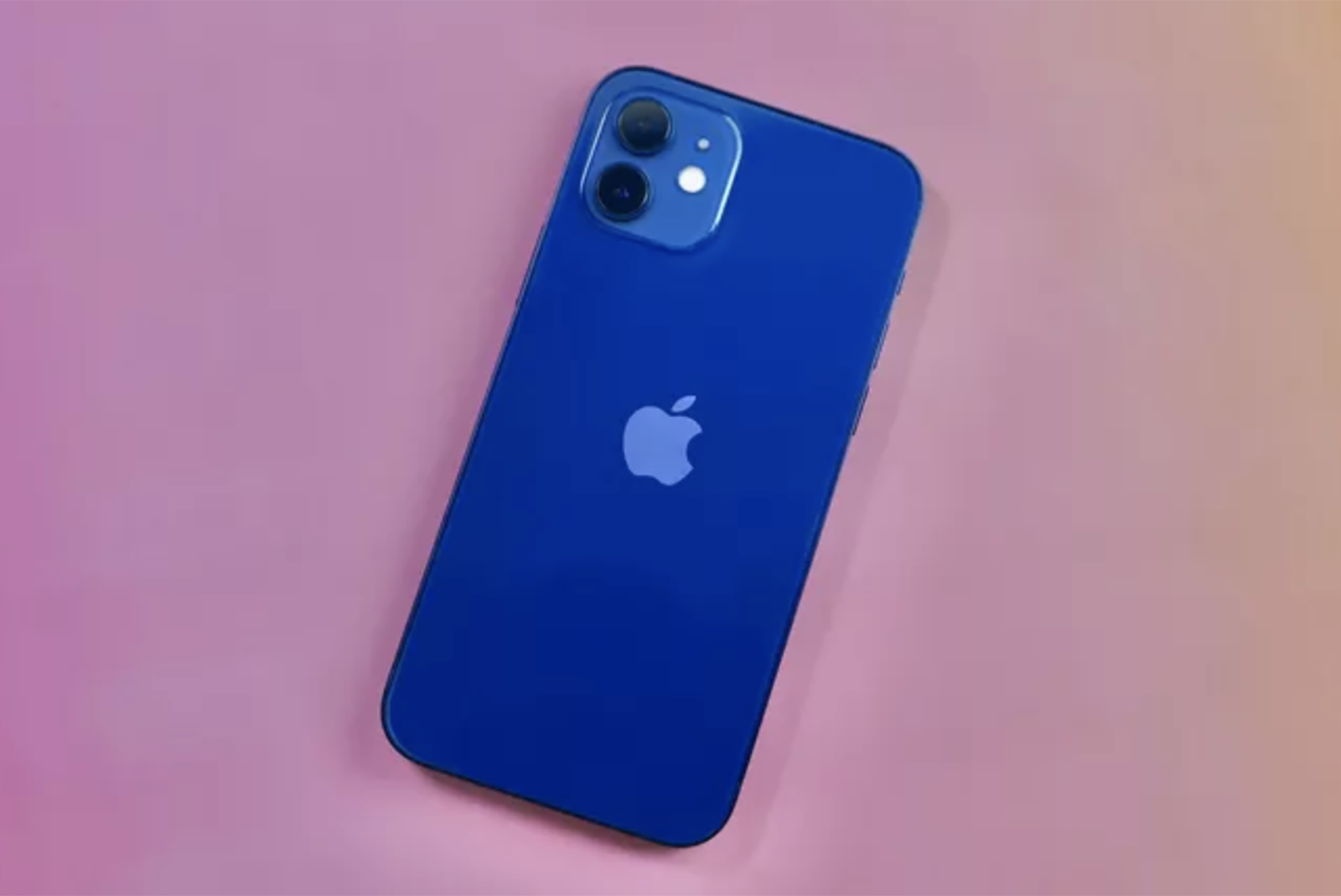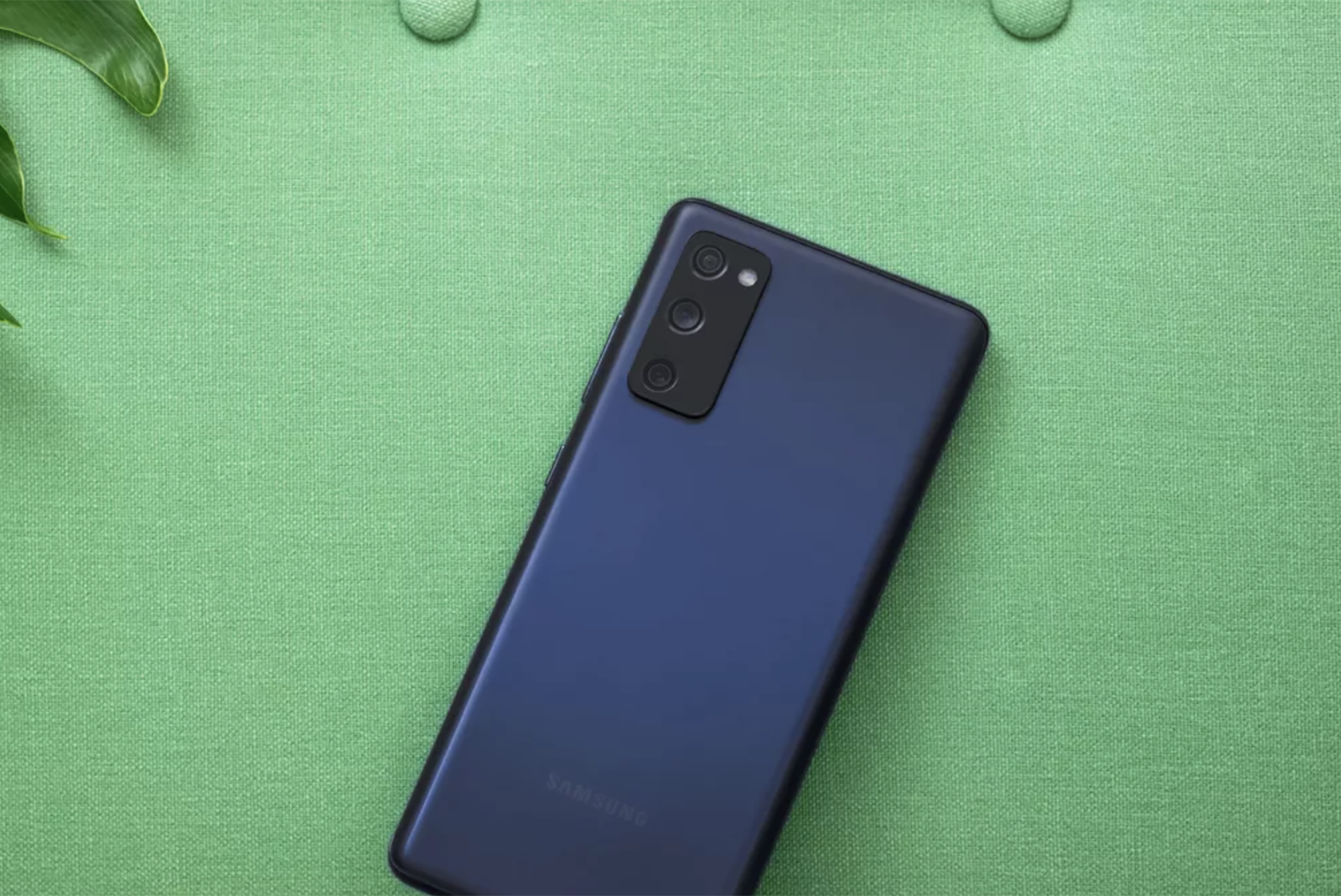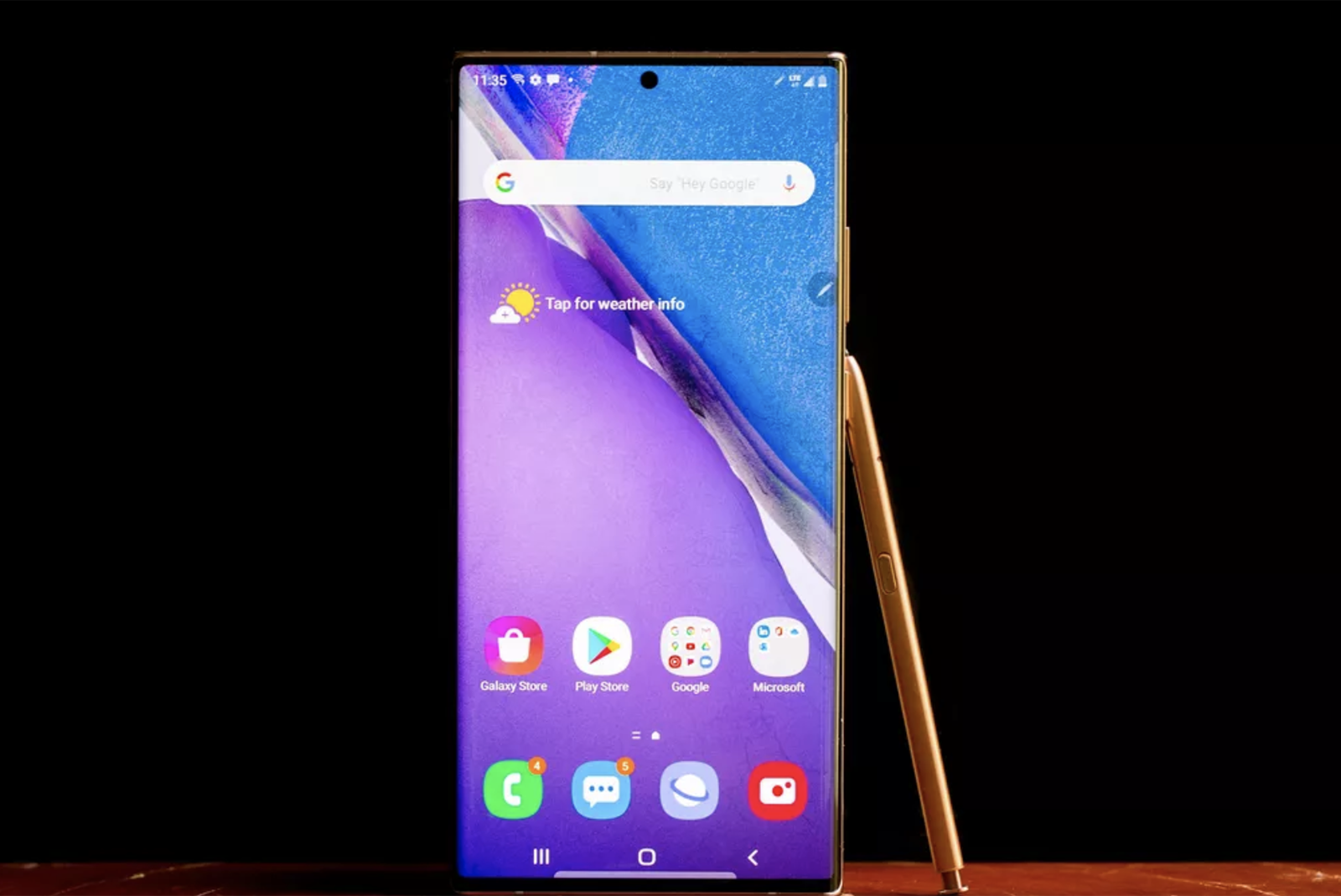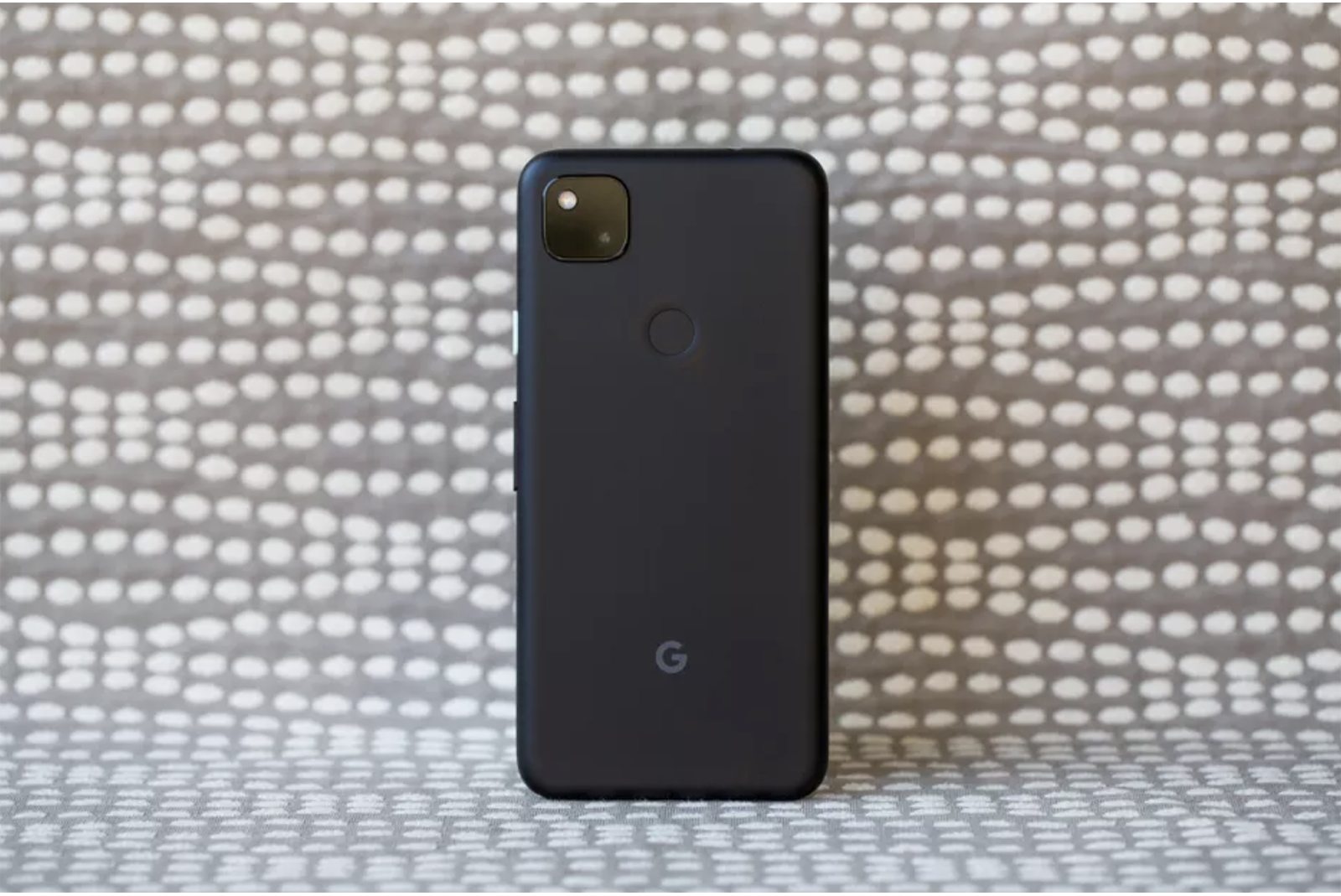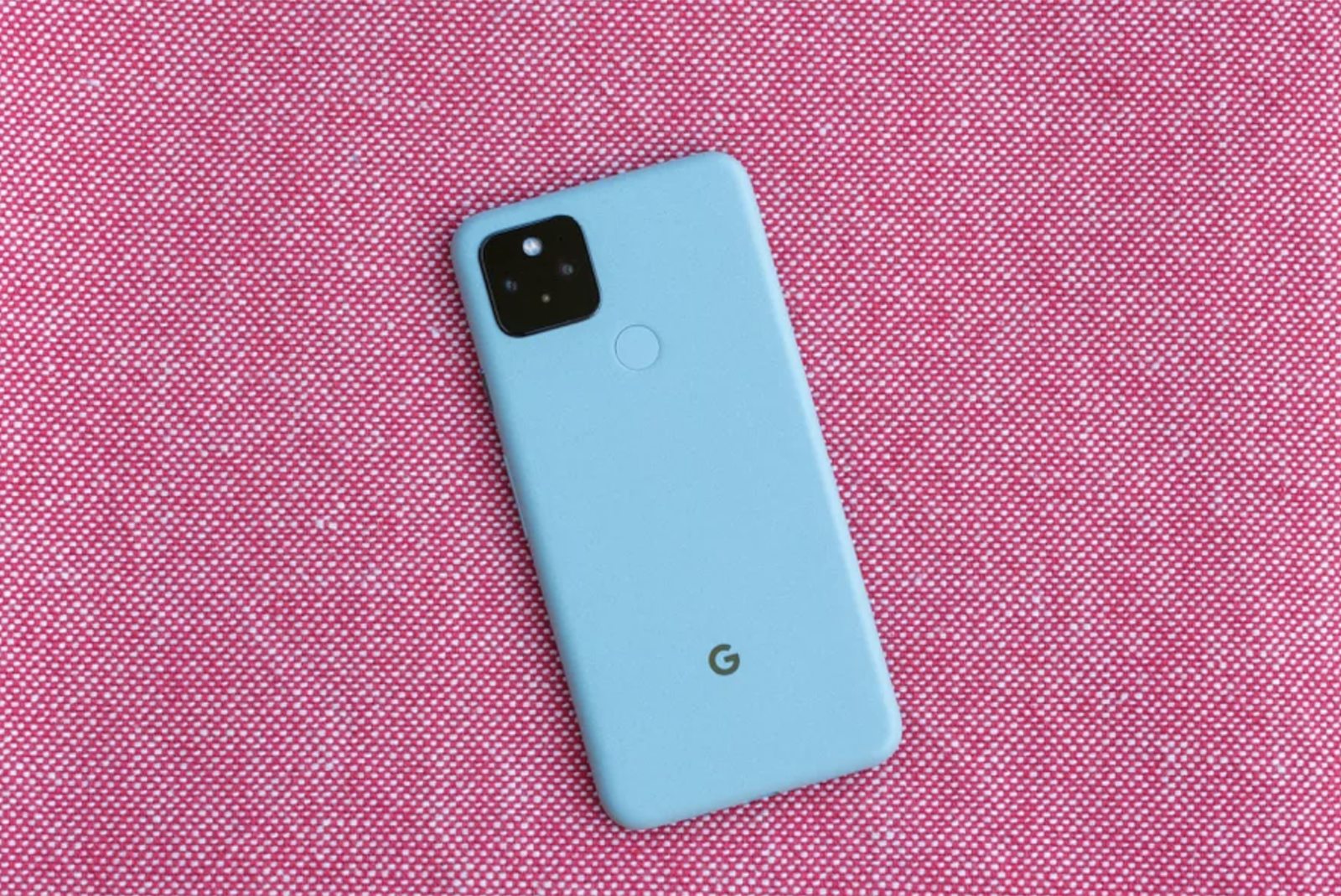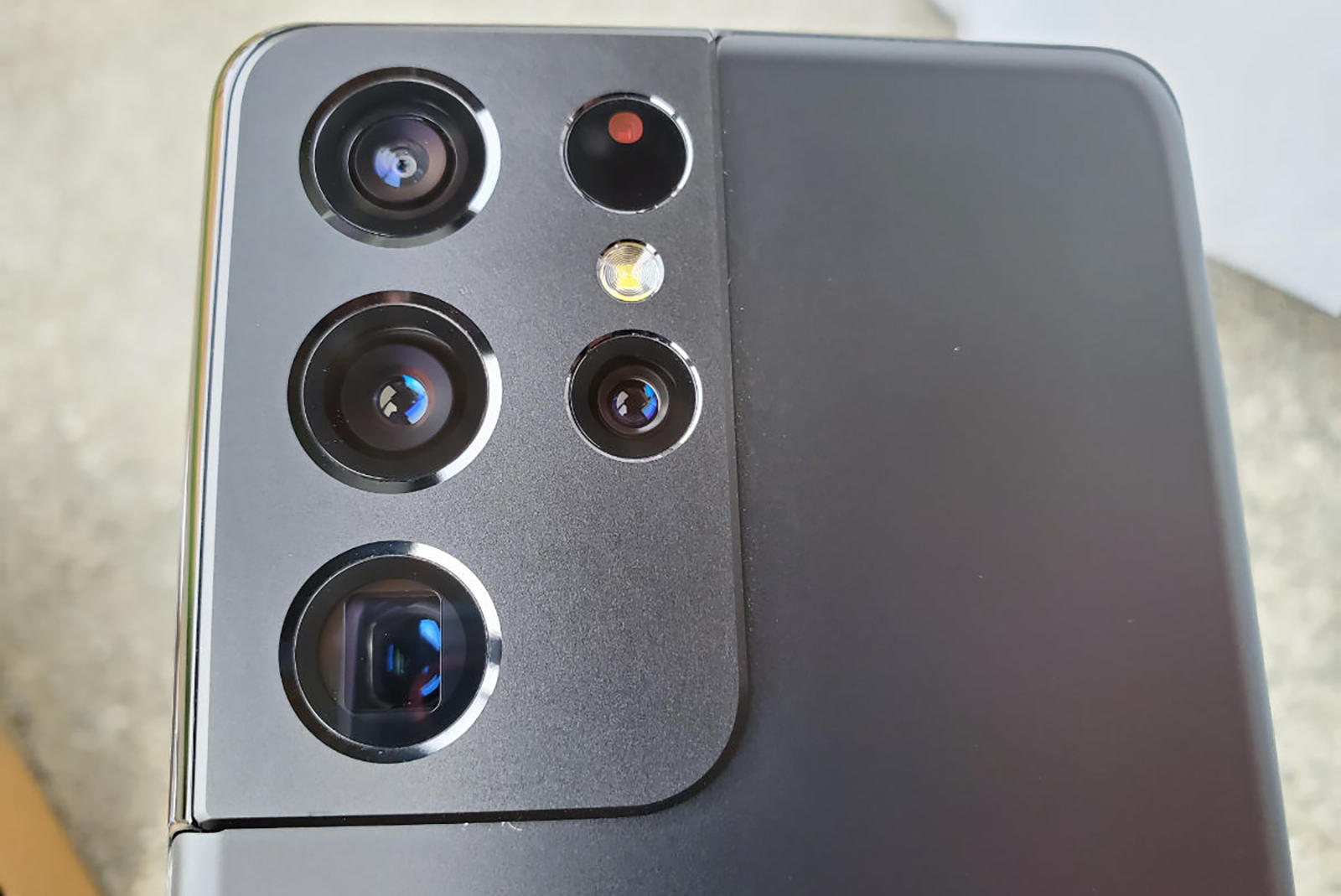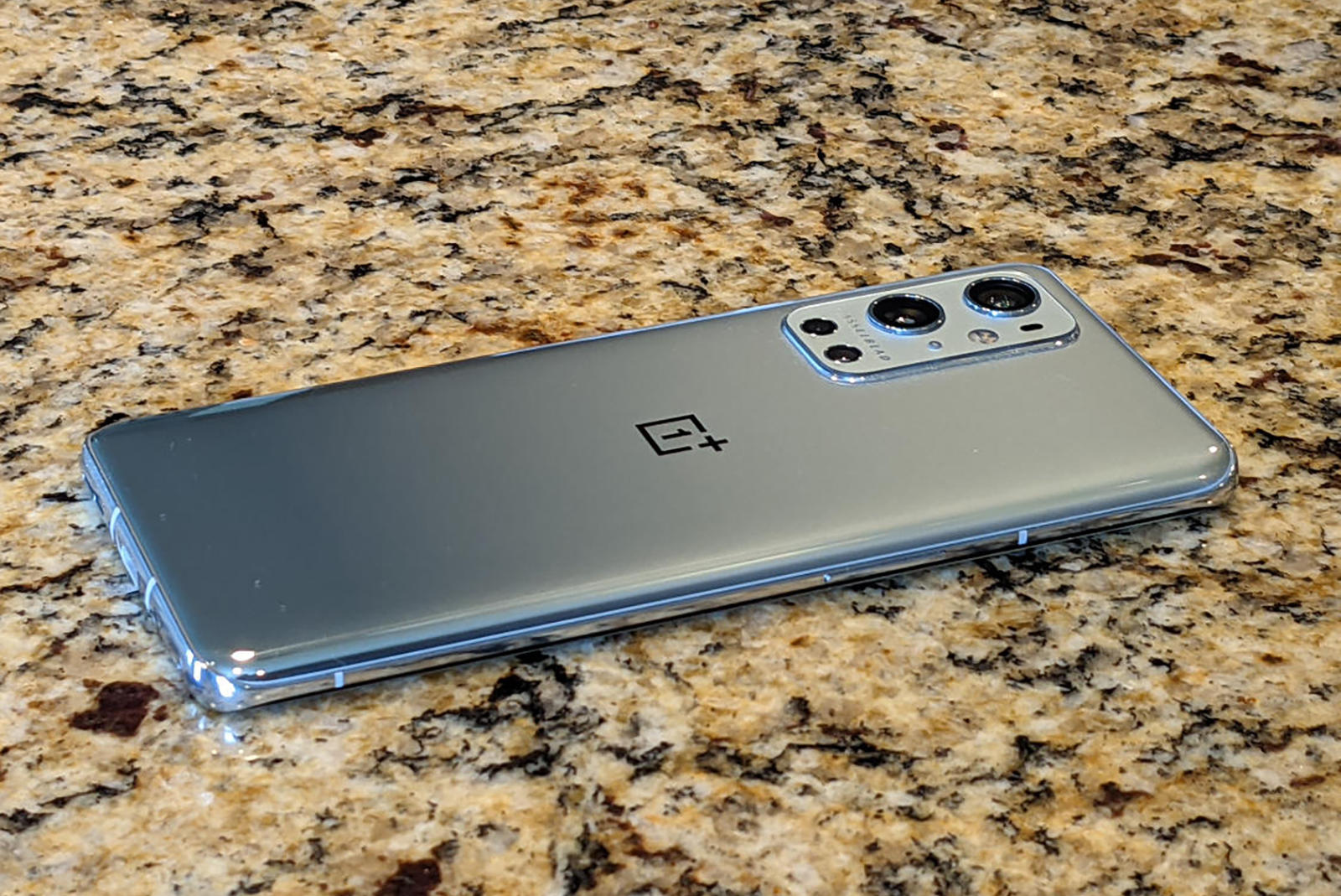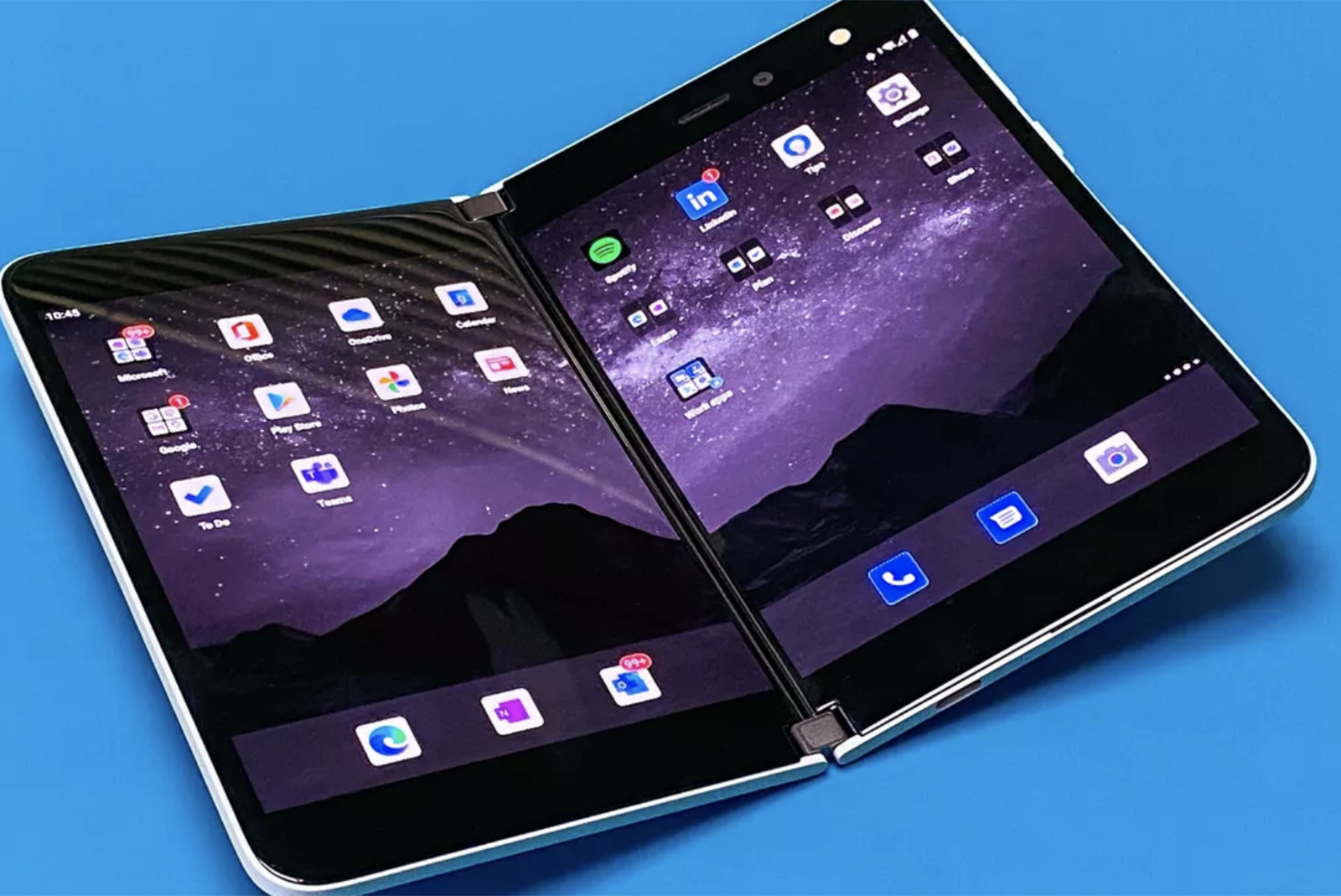Today’s smartphones provide incredible mobile computing experiences to help you get work done away from the office, in the field, and wherever your remote location may be. Yes, people have different mobile computing needs, but every phone on this list is more than capable of providing all essential functions.
Some phones excel at photography, others at serving as a small tablet, and others that can withstand a drop in the field. The term “best” may be specific to your needs, but there are some truly standout devices that are better than others.
Our process for recommending the best
The process to make our selections includes testing the phones for weeks, reading reviews from other websites and publications, researching reviewer guides and manufacturer websites, talking with colleagues and other users who have hands-on experience with the phones, and then selecting the best from all of the available choices.
Over the past six months, we have tested new phones from Google, Samsung, Apple, OnePlus, and several others. We aren’t likely to see anything new from the major manufacturers for a few months, so the phones that are available now are the best to consider at this time. However, we will update this list whenever a new candidate worthy of consideration enters the smartphone market.
These top 10 phones that we currently recommend as the best of the best.
Display: 6.7-inch OLED (2,778 x 1,284-pixel resolution) at 458 ppi | CPU: Apple A14 Bionic chip | RAM: 6GB | Internal Storage: 128GB, 256GB, 512GB | Rear cameras: 12MP wide, 12MP ultra-wide (120-degree field of view), 12MP telephoto (2.5x optical zoom) | Front camera: 12MP | Weight: 228g | Dust/water resistance: IP68
After buying the iPhone 12 Pro Max and using it for a couple of weeks, I sold my Samsung Galaxy Z Fold 2 to pay for it. It’s clearly the best overall smartphone that succeeds in nearly every area, as proven by it serving as my daily driver for more than four months.
Apple’s new iPhone 12 lineup includes four models, all sporting support for 5G networks. New Apple processors, improved camera performance, and a more square-shaped design (similar to the iPhone 4 and iPad Pro) are found on all four models.
The iPhone 12 Pro Max is the largest iPhone with a 6.7-inch display. This year, Apple also provided the iPhone 12 Pro Max with slightly better cameras when compared to the iPhone 12 Pro.
See the full review: iPhone 12 Pro Max full review
Pricing for the new iPhone 12 Pro Max starts at $1,099 for the 128GB model and ranges up to $1,399 for the 512GB storage capacity. The iPhone 12 Pro Max is available in graphite, silver, gold, and pacific blue.
Main display: 7.6 inches (2,208 x 1,768-pixel resolution) Dynamic 120Hz AMOLED | Cover display: 6.2 inches (720 x 1680-pixel resolution) AMOLED | CPU: Qualcomm Snapdragon 865 Plus | RAM: 12GB LPDDR5 | Internal Storage: 256GB, UFS 3.1 | Rear cameras: 12MP rear f/2.4 telephoto, 12MP f/1.8 wide-angle, and 12MP f/2.2 ultra-wide cameras (123-degree field-of-view) | Front cameras: 10MP f/2.2 camera on the main display and 10MP camera on the cover display | Weight: 282g
While I fell in love with the Samsung Galaxy Fold last year, I didn’t include it in my 10 best phones list because it seemed like an extravagant purchase. However, given the Samsung Galaxy Z Fold 2 is the third iteration of Samsung’s folding phone and has been significantly improved, it deserves to not only be on this list but to be near the top.
I spent a couple of weeks with a review unit, and after just a couple of days with that evaluation device, I ordered my own. I exercised patience and ordered a black phone with a metallic red hinge, and it is lovely. The Galaxy Z Fold 2 is priced at $2,000, but if you use your device as much as I do daily to get work done, then the price can be justified.
The Galaxy Z Fold 2 serves as a very capable smartphone and small tablet, providing an extremely strong and fast 5G connection in both modes. The outside display offers a typical 6.2-inch smartphone experience, while the large 7.6-inch main display is stunning with a 120Hz refresh rate and Samsung’s lovely AMOLED technology.
See the full review: Samsung Galaxy Z Fold 2 review
You get the fastest RAM and internal storage speeds available, triple rear cameras, two other 10MP cameras, and much more. The 4,500mAh battery easily gets you through a full day, even when using the large main screen.
Display: 6.1-inch (2,532 x 1,170-pixel resolution ) OLED | CPU: Apple A14 Bionic | Internal Storage: 64GB, 128GB, 256GB | Rear cameras: 12MP wide, 12MP ultrawide (120-degree field of view) | Front camera: 12MP | Weight: 164g | Dust/water resistance: IP68
While the iPhone 12 Pro Max is clearly the best iPhone 12 model available, it is also a large phone with a hefty price tag. For most people, the iPhone 12 is the clear winner, with a starting price of $799 and five color options.
The iPhone 12 and iPhone 12 Pro have the same 6.1-inch display, and, this year, that also means the exact same OLED panel. The only differences between the iPhone 12 and iPhone 12 Pro are the additional telephoto camera, LiDAR support, and more RAM found on the iPhone 12 Pro model for the $120 difference in price.
See the full review: Apple iPhone 12 review
The iPhone 12 has an awesome camera and size that should please most people. With Apple, you can also trust that updates are provided in a timely fashion and for years to come.
Display: 6.5 inches (3×200 x 1×440-pixel resolution) 120Hz Infinity-O AMOLED | CPU: Qualcomm Snapdragon 865 | RAM: 6GB LPDDR5 | Internal Storage: 128GB storage (with microSD card) | Rear cameras: 8MP rear f/2.4 telephoto, 12MP f/1.8 wide-angle camera, and 12MP f/2.2 ultra-wide camera (123-degree field-of-view) | Front camera: 32MP f/2.2 camera | Weight: 190g | Dust/water resistance: IP68
While the Samsung Galaxy S20 series that launched in early 2020 provide compelling options, they are flagship phones priced in the $1,000-and-higher range. In order to offer customers another alternative, Samsung released the Galaxy S20 FE (Fan Edition) 5G phone. The S20 FE is available in six lovely colors to suit your style.
See the full review: Samsung Galaxy S20 FE (Fan Edition) review CNET
Where are the compromises? Exactly, there really aren’t any, and yet the $700 price is where we see phones in the upper mid-range with less capable specs appear. The Galaxy S20 FE challenges Google’s new Pixel 5 and the iPhone 12. I’ve recommended this phone to family members who have used older Samsung phones, and they love the Galaxy S20 FE. Look for more options like this from Samsung in the future.
Samsung Galaxy Note 20 Ultra 5G
Display: 6.9 inches (3,088 x 1,440-pixel resolution) 120Hz Infinity-O AMOLED | CPU: Qualcomm Snapdragon 865 Plus | RAM: 12GB LPDDR5 | Internal Storage: 128GB storage (with microSD card) | Rear cameras: 12MP rear f/3.0 telephoto, 108MP f/1.8 wide-angle camera, and 12MP f/2.2 ultra-wide camera (120-degree field-of-view) | Front camera: 10MP f/2.2 camera | Weight: 208g | Dust/water resistance: IP68
Samsung announced the Galaxy Note 20 series last fall, and it is clear the Galaxy Note 20 Ultra is one of the best phones for productivity and an easy recommendation for those who love the S Pen.
See the full review: Samsung Galaxy Note 20 Ultra 5G review
The Galaxy Note 20 devices bring everything we saw on the Galaxy S20 series along with some improvements in the cameras. Of course, the S Pen is a staple of the Note series, and with the Note 20, we see more Air Actions that are actually proving to be quite useful and reliable this year. While LG has solid support for stylus use, nothing beats the functionality and capability of the S Pen. It is also housed inside of the Galaxy Note 20 Ultra 5G, making it easily accessible for use all day long.
Display: 6.2 inches (2,340 x 1,080-pixel resolution) OLED | CPU: Qualcomm Snapdragon 765G | RAM: 6GB | Internal Storage: 128GB | Rear cameras: 12.2MP rear f/1.7 and 16MP f/2.2 ultra-wide (107-degree field-of-view) | Front camera: 8MP f/2.0 | Weight: 168g
If you want an Android phone that will always have the latest firmware and security updates, while also offering a fairly stock experience with 5G support, then take a look at the affordable Google Pixel 4A 5G. At $499, it’s one of the most affordable 5G phones we have seen released.
In addition to the software being a focus for Google, the camera is another reason to buy the Pixel 4A 5G over other, better smartphone hardware. However, while others have three or four rear cameras, Google provides just one so there are some limits on its capability as a daily shooter.
See the full review: Google Pixel 4A 5G review
Android 11 powers the phone, and it will receive OS upgrades for three years. Monthly Android security updates are the most important software support for the enterprise, given major firmware updates tend to break things and be less stable immediately after release.
Display: 6 inches (2,340 x 1,080-pixel resolution) flexible OLED | CPU: Qualcomm Snapdragon 765G | RAM: 8GB | Internal Storage: 128GB | Rear cameras: 12.2MP rear f/1.7, and 16MP f/2.2 ultra-wide (107-degree field-of-view) | Front camera: 8MP f/2.0 | Weight: 151g | Dust/water resistance: IP68
Google’s Pixel 5 is the first 5G smartphone available from Google and appears to check the boxes needed for a competitive smartphone. Unlike past Pixel phones, it is not designed to compete with the high-end flagships from Apple, Samsung, and others, but it provides the essentials along with Google’s software chops.
Google’s past Pixel phones always lacked some features and couldn’t compete with Apple and Samsung flagships — so this approach makes much more sense. Priced at $699, the Pixel 5 is a great option for getting 5G into your hands with Google’s software and reliance on regular updates for years.
You can pick one up in black or an interesting green color (Sorta Sage). The back is aluminum, and we also see the return of a rear fingerprint sensor.
See the full review: Google Pixel 5 review
Google’s Pixel 5 also has the best smartphone camera for still photos, thanks primarily to Google’s advanced algorithms and software. The iPhone 12 lineup takes the cake for video creation, but Google and Apple go head-to-head on smartphone camera software.
Display: 6.8 inches (3,200 x 1,440-pixel resolution) 120Hz Infinity-O AMOLED | CPU: Qualcomm Snapdragon 888 | RAM: 12GB/16GB LPDDR5 | Internal Storage: 128GB/256GB/512GB | Rear cameras: 10MP rear f/4.9 telephoto with 10x optical zoom and second 10MP f/2.4 telephoto with 3x optical zoom, 108MP wide-angle camera, and 12MP f/2.2 ultra-wide camera (120-degree field-of-view) | Front camera: 40MP f/2.2 camera | Weight: 229g | Dust/water resistance: IP68
Samsung’s Galaxy S21 Ultra 5G is one of the best overall smartphones today and clearly the best that Samsung has to offer. With a $200 price cut at launch, compared to the Galaxy S20 Ultra, the phone is also one of the more affordable high-end flagship offerings.
In addition to the latest and greatest specifications, the S21 Ultra 5G provides support for Samsung’s S Pen so you are no longer limited to just the Note line if you want stylus support.
See the full review: Samsung Galaxy S21 Ultra 5G review
If your job requires you to zoom into subjects from far away, no other phone beats the S21 Ultra in terms of telephoto capability and quality. Zooming up to 30x provides good quality images, but even beyond this level of zoom, there are practical reasons to see details of the subjects you are shooting.
Display: 6.7 inches (3,216 x 1,440-pixel resolution) 120Hz AMOLED | CPU: Qualcomm Snapdragon 888 | RAM: 8GB/12GB LPDDR5 | Internal Storage: 128GB/256GB | Rear cameras: 8MP rear f/2.4 telephoto, 48MP f/1.8 wide-angle camera, and 50MP f/2.2 ultra-wide camera, 2MP monochrome camera | Front camera: 16MP f/2.4 camera | Weight: 197g
OnePlus used to be the “flagship killer” brand, but has since evolved into higher-priced flagships directly challenging the likes of Samsung and Apple. Compared to Samsung, OnePlus offers an experience that is free from ads and bloatware while also now providing some interesting features such as reverse wireless charging and adaptive 120Hz displays.
The OnePlus 9 Pro is priced about $200 less than Samsung’s S21 Ultra, which is significant given that Samsung’s price is also $200 less than its launch price in 2020. For less than $1,000 the OnePlus 9 Pro is a serious flagship to consider.
See the full review: OnePlus 9 Pro review
The Hasselblad camera partnership was a major area that was presented and covered at the launch event, but understand that only software enhancements are present in this first device with the Hasselblad branding on it. That said, camera performance has been great and clearly improved over what OnePlus provided in the past.
One area that OnePlus leads the pack in is the charging capability of its phones. Warp Charge 65T support and Warp Charge Wireless 50 support are provided in the OnePlus 9 Pro. This means you can charge up your phone from 1% to 100% in just 29 minutes. The wireless charging even achieves this charging performance in 43 minutes, which is faster than wired charging of most other phones.
Displays: Two 5.6 inches (1,800 x 1,350-pixel resolution) AMOLED | CPU: Qualcomm Snapdragon 855 | RAM: 6GB | Internal Storage: 128GB/256GB | Camera: 11MP f/2.0 | Weight: 250g
There seems to be a love-it-or-hate-it feeling with the Microsoft Surface Duo, and even though I found it very productive, I ended up returning mine in favor of the Galaxy Z Fold 2. While the Surface Duo has 2019 specs and bold bezels, in the right hands, it is a productivity workhorse.
The Surface Duo does not support 5G networks and is powered by the Qualcomm Snapdragon 855. The camera is pretty terrible and oddly positioned for anything other than video conferences.
See the full review: Microsoft Surface Duo review
The story is not about the hardware, though, and its capability rests in the software enhancements offered by Microsoft. There have been a couple of updates to improve the experience, and this first generation is a good first attempt. The $1,400 starting price is tough to swallow, but we look forward to seeing what the second generation looks like in 2021.
Phone buying tips: How to decide
Looking through all of the available smartphone options can be daunting, especially if you don’t spend weeks and months trying out each phone for yourself. The very first question to answer is, “Do you have a preference or need for iOS or Android?”
Choosing your mobile operating system quickly helps filter your options. Considering that we used to also have Windows Phone, S60, Palm, and other mobile operating systems to pick from, this question is a lot easier to answer in 2021.
After selecting your preferred operating system, price is another good factor to consider. Options range from $400 all the way to $2,000 so price is a quick way to eliminate some options.
Once you’ve used the operating system and price range, then you need to start thinking about a few key features that are most important to you. These can include:
Camera performanceBattery lifeUpdate frequency
ZDNet Favorites: Phones we love
While we went through an extensive process to review and evaluate these phones, you may want to consider the experiences of others, too. We recently asked ZDNet’s team of editors and contributors about their favorite mobile devices. Nearly two dozen shared with us their reasons for selecting their current devices as well as their future purchase plans and fantasy phones. Sixteen of 22 contributors use some Apple iPhone model, so I feel fairly secure in making the iPhone 12 Pro Max my top overall pick for best phone.
Also consider
We limited this list to 10 of the best smartphones available today. There are other phones that you may find are the best for you, especially after defining the price range you are looking for since many of these best phones are also naturally the highest-priced phones. To the right, you’ll find our recommended phones in various categories.
Other phones we considered for this list include:
